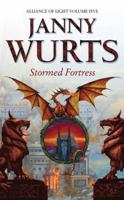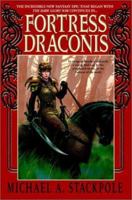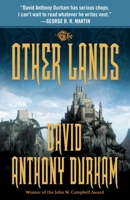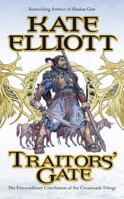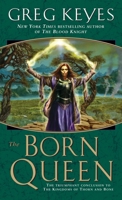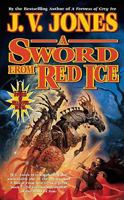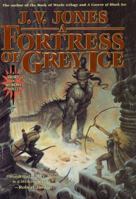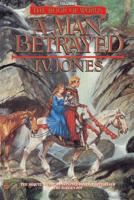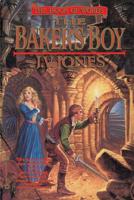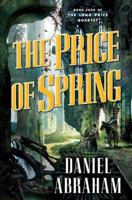Healthcare Finance: An Introduction to Accounting and Financial Management
Select Format
Select Condition 
You Might Also Enjoy
Book Overview
Customer Reviews
Rated 5 starsExcellent Introductory Text
I used Gapenski's text in my first healthcare finance course. It provided excellent examples and models that I later used in more advanced courses as well as in my career.
0Report
Rated 5 starsStraight to the point and practical
Very good textbook: gives you all the necessary foundations for understanding the financial issues in healthcare.
0Report
Rated 5 starsA Great Intro Into Health Care Finance
As stated in the preface of the book, the goal of the book, "was to create a text that introduces students to the most important principles and applications of healthcare finance..." This book was an excellent introduction into finance. Not only did it explain accounting and financial terms and theories, it uses excellent examples of real life health care situations to further the reader's understanding of the topics. This...
0Report
Rated 5 starsSuperb textbook
As a cardiologist, I have used many textbooks over the years. I am now a hospital's Chief Medical Officer and am enrolled in an MHA program. Dr. Gapenski's book is one of the best-written textbooks I have ever used. It clearly and consisely discusses financial concepts as they apply to healthcare. He has the ability to make the most complex concepts easily understood.
0Report
Rated 5 starsExcellent text with Case book & teaching guide available
This text is used at both the University of Florida and Wisconsin's programs for the Executive programs for the Masters in Health Administration. I just finished the course in November, 2000 - a course taught by the author. It was excellent. While it is written to meet the needs of a student with no financial background, the material can also be challenging to the CPA. A case book and teachers guide are also available...
0Report















